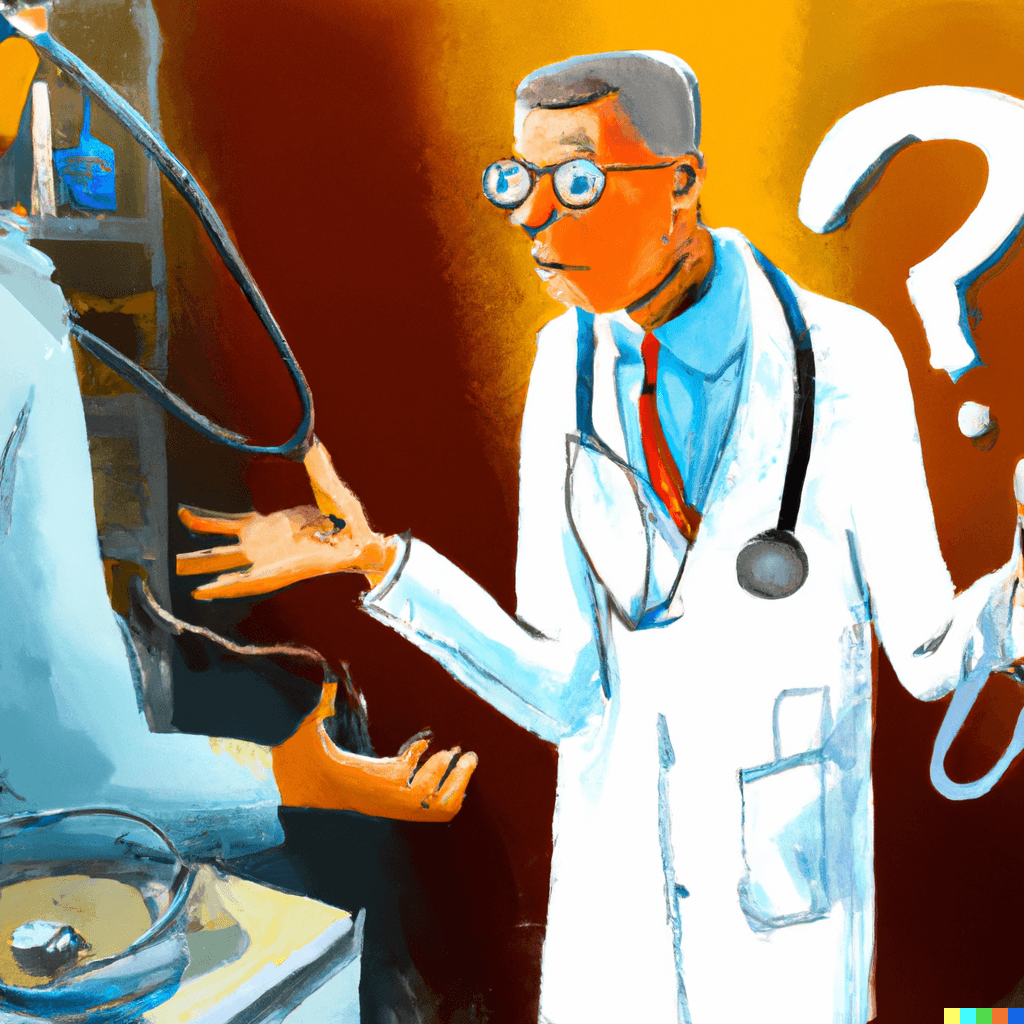Diabolical dilemmas in allocating scarce health resources: combining choice modelling and machine learning to develop models of moral choice behaviour
Healthcare resources are under heavy pressure due to rising expenditures, an ageing population and high prices of new treatment options. Decisions about allocating scarce resources must be made. These decisions often involve diabolical dilemmas, which arise when decisions have potential consequences that one patient will die to save the life of another patient or, more generally, when one patient gains one or more life years while another does not. Such dilemmas have come to the forefront during the COVID pandemic but have always been and will remain a feature of healthcare policies. In essence, it boils down to allocating scarce resources.
Discrete choice models (DCMs), rooted in consumer choice theory, are widely advocated as a way to understand choice behaviours and inform health policy and clinical decisions. However, moral human decision processes are qualitatively at odds with traditional choice theory’s core assumptions. For example, moral choices are often based on simple heuristics and emotions rather than based on utility-maximising principles. In many cases, trade-offs (e.g., between money and health) are considered taboo, which violates the core assumptions of choice theory. Ignoring this discrepancy between moral choice behaviour and the assumptions of the current models leads to erroneous model outcomes and misguided policy recommendations.
This project aims to develop models of moral choice behaviour by combining choice modelling and machine learning. My project focuses explicitly on understanding moral choice behaviour in the context of healthcare decisions. We argue that combining machine learning’s ability to discover patterns from data with discrete choice theories, mathematical elegance, and behavioural appeal holds the promise to uncover the complex mechanisms underlying moral choice behaviour. In this project, we work at the intersection of choice modelling, machine learning, moral decision theory, and medical ethics. Ultimately, we aim to help policymakers in healthcare to make better-informed decisions about allocating scarce healthcare resources in a value-based way


Contact
Nicholas Smeele
PhD Candidate
smeele@eshpm.eur.nl

